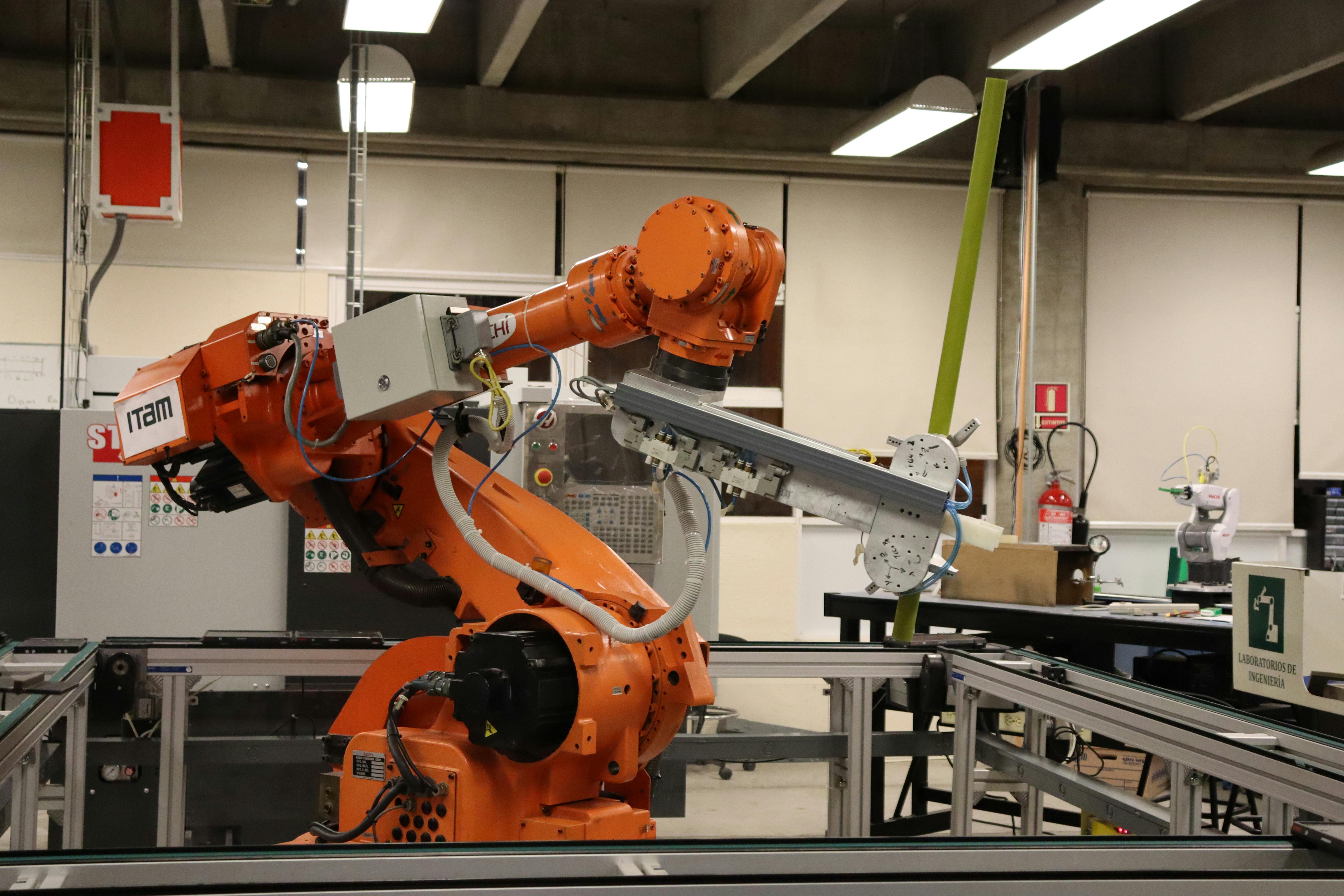Mindfulness: A Powerful Tool Against Anxiety
Anxiety is not a modern phenomenon. It has been a part of the human experience since the dawn of time. Ancient civilizations such as the Egyptians and Greeks recognized the existence of anxiety, attributing it to supernatural forces or a disequilibrium in bodily fluids. However, it was not until the late 19th and early 20th centuries that anxiety began to be viewed through a medical lens. Sigmund Freud, the father of psychoanalysis, was one of the first to propose that anxiety was a result of internal psychological processes. Today, anxiety disorders are recognized as legitimate mental health conditions that affect millions of people worldwide.

Anxiety in the Modern Era: Prevalence and Impact
In recent decades, there has been a noticeable increase in the prevalence of anxiety disorders. According to the World Health Organization, anxiety is the most common mental health disorder globally, affecting approximately 1 in 13 people. This rise in anxiety disorders is due in part to increased awareness and better diagnostic techniques. However, the pressures of modern living, including the fast pace of life, constant connectivity, and societal expectations, are also significant contributing factors.
The impact of anxiety is substantial. It affects individuals on a personal level, impairing their ability to function in daily life and affecting their physical health. On a societal level, anxiety leads to substantial economic costs due to lost productivity and healthcare expenses.
Mindfulness: An Ancient Solution for a Modern Problem
In response to the rising tide of anxiety, many individuals and health professionals are turning to an ancient practice: mindfulness. Mindfulness, a form of meditation, has its roots in Buddhism but has been secularized and adapted for use in Western medicine. It involves focusing one’s attention on the present moment, accepting it without judgment.
Research has shown that mindfulness can be an effective tool in managing anxiety. A 2013 review of studies published in the Journal of Psychiatric Practice found that mindfulness-based therapy was effective in reducing anxiety symptoms in individuals with generalized anxiety disorder, panic disorder, and social anxiety disorder.
How Does Mindfulness Work Against Anxiety?
At its core, anxiety is a future-oriented state of mind. It involves worrying about what might happen, often imagining the worst-case scenario. Mindfulness, on the other hand, is inherently present-focused. By bringing one’s attention back to the present moment, mindfulness can disrupt the cycle of worry and fear that fuels anxiety.
On a physiological level, mindfulness has been found to reduce activity in the amygdala, the part of the brain responsible for processing emotions and handling stress. By reducing amygdala activity, mindfulness can help reduce the physiological symptoms of anxiety, such as a rapid heartbeat and shallow breathing.
Incorporating Mindfulness into Everyday Life
While formal mindfulness meditation practice is beneficial, the principles of mindfulness can also be incorporated into everyday life. This can be as simple as taking a few moments to focus on one’s breath, eating a meal mindfully, or taking a mindful walk.
To reap the benefits of mindfulness, consistency is key. Just as physical exercise needs to be done regularly to maintain physical fitness, mindfulness practice needs to be done regularly to maintain mental fitness.
Mindfulness as a Lifelong Tool for Wellbeing
While mindfulness is not a cure-all, it can be a powerful tool in the fight against anxiety. By helping individuals stay grounded in the present moment, mindfulness can alleviate anxiety symptoms and improve overall wellbeing.
But perhaps the most powerful aspect of mindfulness is that it is not just a tool for managing anxiety, but a tool for living a more fulfilling life. By bringing greater presence, acceptance, and compassion to each moment, mindfulness can transform not just our relationship with anxiety, but our relationship with ourselves and the world around us.




